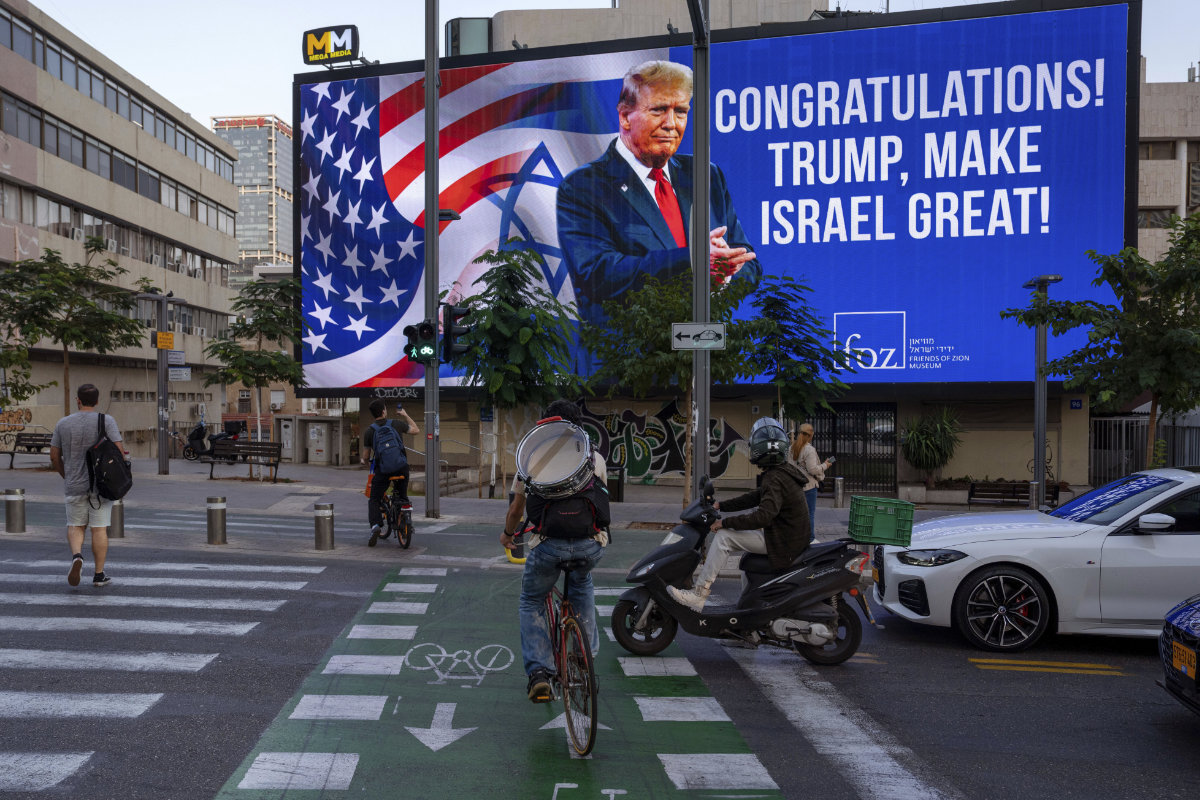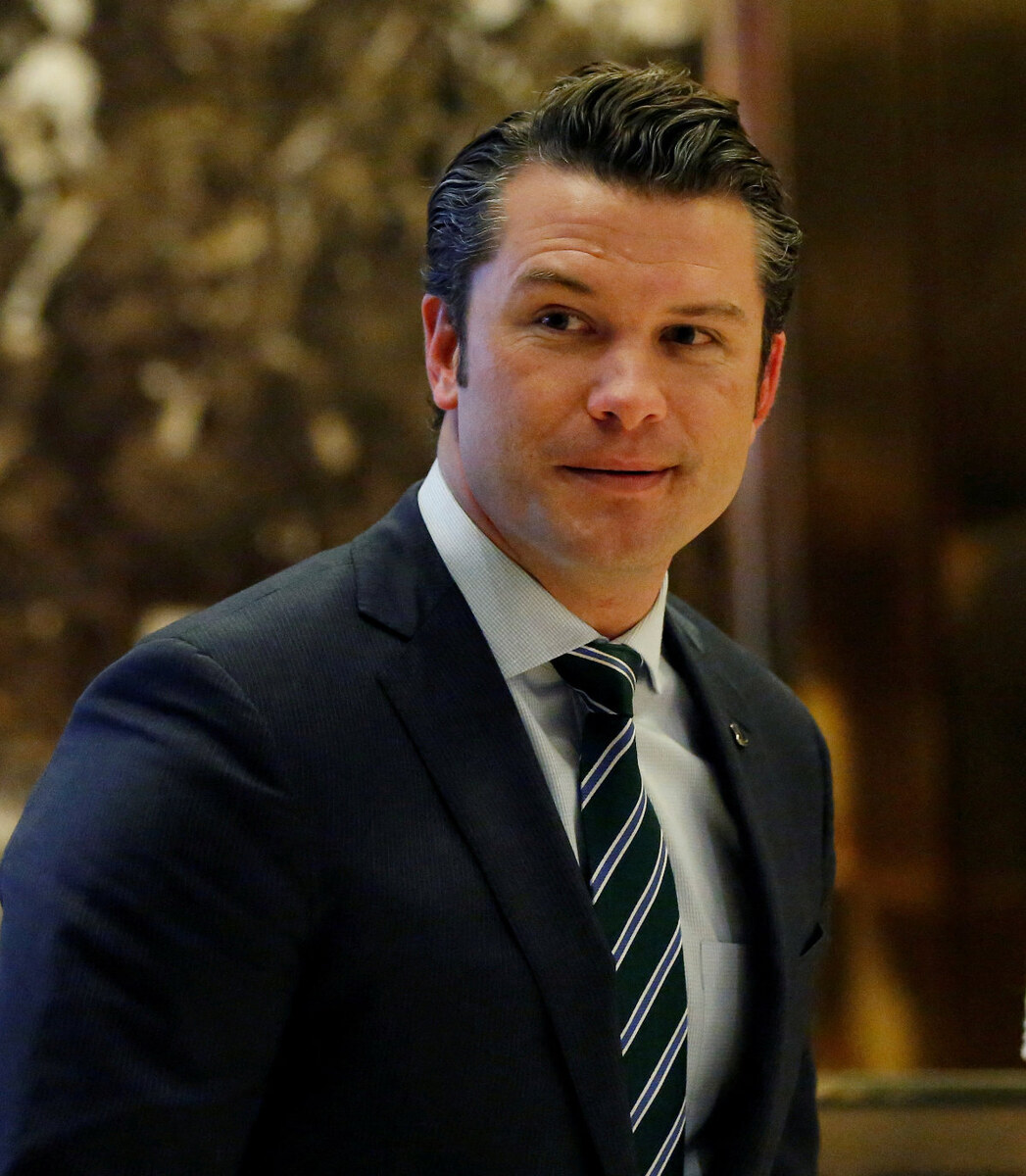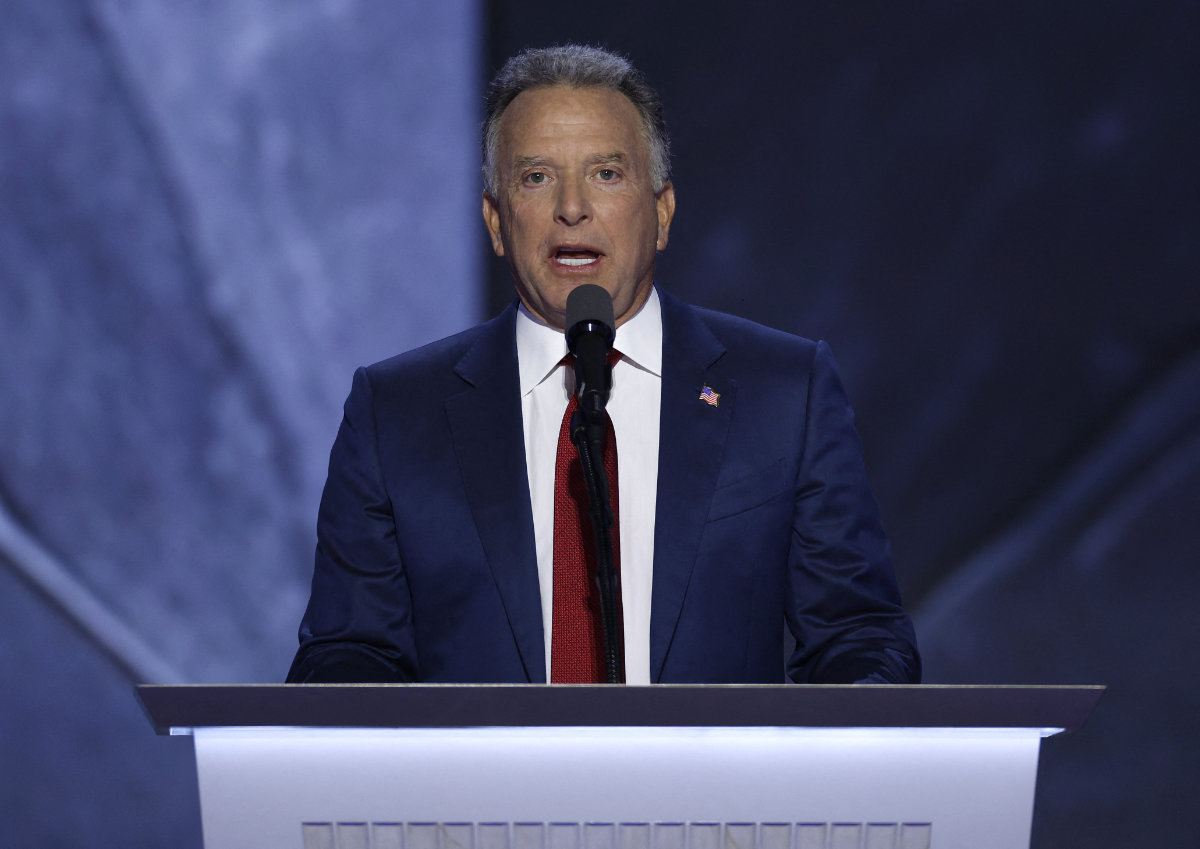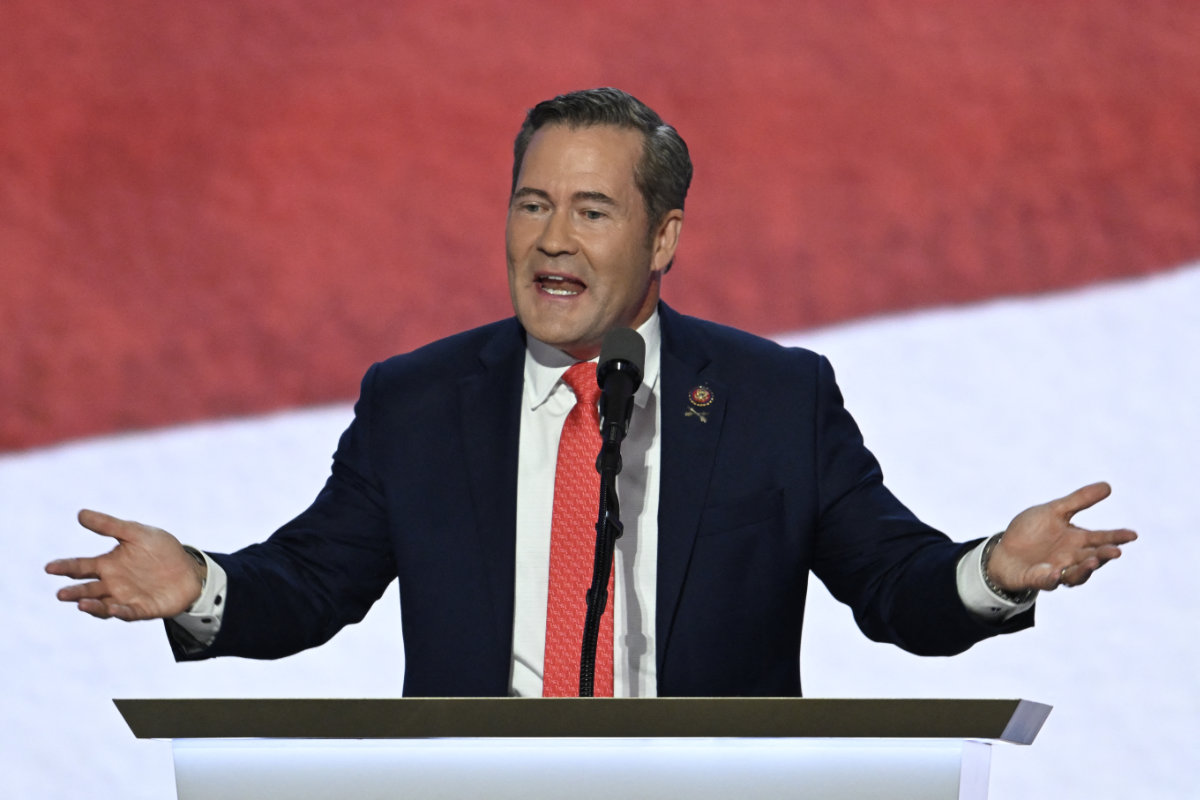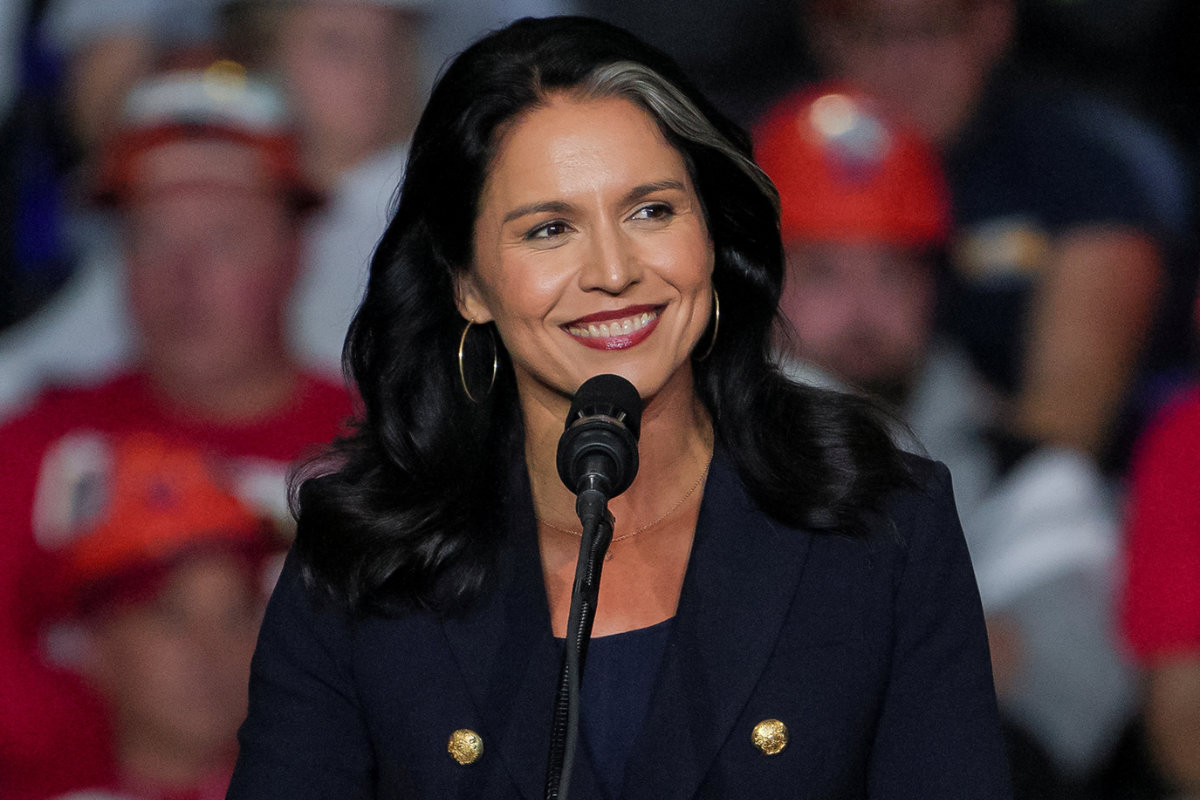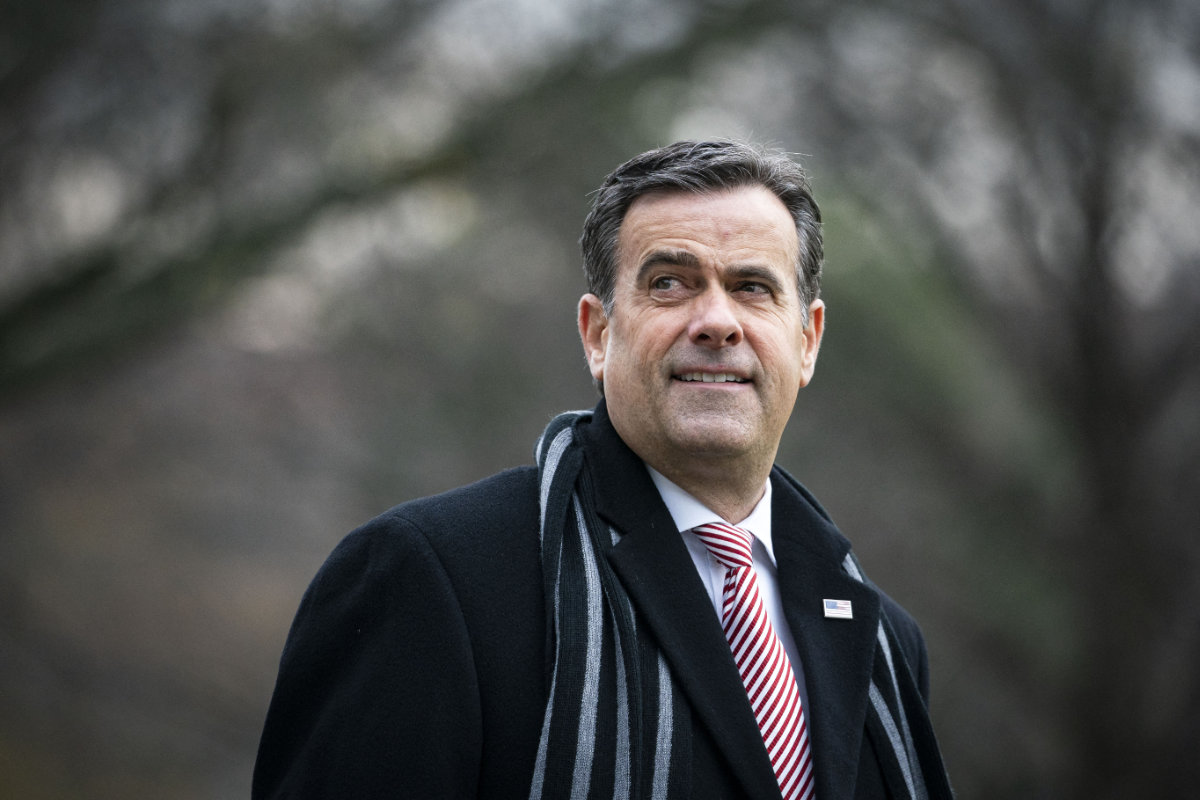BEIRUT: Marjayoun, a majority Christian town in southern Lebanon, opened its schools and a church last month to house scores of people fleeing Israel’s bombardment of Muslim villages, extending a hand across the country’s sectarian divide.
Some residents were uneasy, worried that those seeking refuge could include people linked to Hezbollah, the Shiite Muslim militia and political party at war with Israel, seven of them told Reuters. But they wanted to uphold local customs of good neighborliness and they knew that those fleeing the widening Israeli offensive had nowhere to go.
Marjayoun had been spared the brunt of Israel’s attacks on Hezbollah during the past year. But residents soon felt that war had arrived.
On Oct. 6, two locals — a teacher and a police officer — were killed on Marjayoun’s outskirts by Israeli drone strikes targeting a Shiite man on a motorbike, according to two security sources and local residents. The Israeli military did not respond to a request for comment. Later that day, a displaced man who sought to shelter in Marjayoun’s bishopric fired a gun in the air and threatened staff after he was asked to move to a different location, according to three residents and Philip Okla, the priest of Marjayoun’s Orthodox Church.
Marjayoun’s welcoming spirit swiftly evaporated.
“You can’t invite fire to your home,” Okla told Reuters, speaking via phone from the town, expressing the fears of some residents that the displaced people would attract violence.
Following calls from locals for them to leave, dozens of displaced people departed the village, along with many of the town’s terrified inhabitants, according to Okla and six residents, who asked not to be identified.
Lebanon’s population is a mosaic of more than a dozen religious sects, with political representation divided along sectarian lines. Religious divisions fueled the ferocity of a brutal 1975-1990 civil war, which left some 150,000 people dead and drew in neighboring states.
Reuters spoke to more than a dozen lawmakers, politicians, residents and analysts who said that Israel’s military offensive across Shiite-majority areas of Lebanon, which has displaced more than a million people into Sunni and Christian areas, has brought sectarian tensions to the fore, posing a threat to Lebanon’s stability. The antipathy is being fueled by repeated Israeli attacks on buildings housing displaced families, giving rise to concerns that hosting them can make you a target, the sources said.
“Now, barriers are going up and fears are rising because no-one knows where we are going,” said Okla, who expressed regret for the increasing hostility.
A FRAGILE FABRIC
Lebanese militias linked to religious groups fought a 15-year civil war. The conflict ended with the disarmament of all save Hezbollah, which kept its weapons to resist Israel’s ongoing occupation of the south.
Israel withdrew in 2000 but Hezbollah retained its arms. It fought a border war against Israel in 2006 and turned its weapons on political opponents inside Lebanon in 2008 in street battles that cemented its ascendency.
A UN-backed court convicted Hezbollah members for the 2005 assassination of Sunni Prime Minister Rafik Hariri and opponents blame it for a string of other assassinations of mostly Christian and Sunni politicians. It has always denied responsibility for any of them.
With support from Iran, Hezbollah grew into a regional force, fighting in Syria to help quash an uprising against President Bashar Assad, while maintaining effective veto power over decision-making inside Lebanon, including over the presidency, which is reserved for a Maronite Christian by convention.
The position has been vacant since 2022.
With Hezbollah’s Shiite support base reeling from Israel’s blows, Lebanon’s leaders — including caretaker Prime Minister Najib Mikati, a Sunni Muslim businessman — have stressed the importance of maintaining “civil peace.”
Even Hezbollah’s rivals, including the Christian Lebanese Forces party, have largely complied by moderating their political rhetoric and urging supporters not to stoke tensions.
But on the ground, those tensions are real, including around schools that have welcomed displaced people in Beirut. Members of Hezbollah-allied parties have seized control of who comes and goes and what enters some of those institutions, according to several residents.
Main thoroughfares clogged only during rush hour are now lined day and night with cars belonging to people who fled Israeli bombing, straining the city’s already-crumbling infrastructure.
In the Christian Beirut suburb of Boutchay, aggravated residents on Friday stopped a truck from unloading a container into a depot rented to someone from outside the area, suspecting it might contain Hezbollah weapons, mayor Michel Khoury said.
“There is tension. Everyone is scared today,” Khoury said, adding that the vehicle was turned away without being searched
Druze lawmaker Wael Abu Faour said politicians from all sides needed to work to preserve national unity.
“Beirut could explode because of the displaced, because of the friction, because of the disputes over properties — because the South, the Bekaa and the suburbs are all in Beirut,” he said.
Lebanon was already reeling from the August 2020 Beirut port blast and a half-decade economic crisis — which has impoverished hundreds of thousands — when Hezbollah opened a second front against Israel the day after the Oct. 7 Hamas attack.
Asked about the risks of sectarian tensions, United Nations refugee chief Filippo Grandi told Reuters that Lebanon is a “fragile country.”
“Any shock, and this is a major shock, can really make the country backtrack... and can cause big problems,” Grandi said
RISKS FOR HEZBOLLAH
The displacement crisis also presents a challenge for Hezbollah, which has long prided itself on providing for its community but now faces escalating needs and a lacklustre response from a near-bankrupt state.
A Lebanese official, who spoke on condition of anonymity to discuss a sensitive matter, told Reuters Hezbollah’s softening stance on a Lebanon ceasefire was in part driven by the pressure created by the mass displacement.
Hezbollah did not respond to a request for comment.
During a visit to a school hosting displaced people last week, Hezbollah lawmaker Ali Moqdad insisted the group’s supporters “are ready for the harshest conditions and most difficult circumstances.”
“This calamity brought us closer together,” he said, adding Lebanon had withstood a “test.”
But Neamat Harb, a Shiite woman who fled the southern town of Harouf with her extended family, said living in a school was tiring and people there required more support from Hezbollah and the government.
“They should be very mindful of their support base,” she said. “They should negotiate as much as possible (for a ceasefire) so people can go home sooner,” she said.
Most displaced people who can afford rent have found apartments to stay in, though landlords are often demanding a minimum three-month payment on the spot, according to landlords and prospective tenants.
But some residences refuse to house displaced, according to four landlords or prospective tenants.
Others sent their tenants notices urging them to “KNOW YOUR NEIGHBOURS” and limit visits “to preserve everyone’s safety,” according to a notice seen by Reuters.
MEMORIES OF CIVIL WAR
For some, the mass displacement and demographic tensions have brought back unwelcome memories of state breakdown and mass squatting that took place during Lebanon’s civil war.
At least half a dozen apartment blocks and hotels in Beirut’s Hamra district were broken into and turned into shelters by the Hezbollah-allied Syrian Socialist Nationalist Party, members of the group and local residents said. The SSNP mobilized dozens of its members in the effort, according to the party officials.
A Reuters reporter saw members of the SSNP, identified by party armbands, standing guard at two buildings.
One of them, a 14-story hotel put out of commission by Lebanon’s half-decade economic crisis, now hosts 800 people, according to the SSNP member in charge there, Wassim Chantaf.
“There is no state. Zero. We are taking the place of the state,” he said, as party members directed traffic and unloaded a truck of donated bottled water.
Another Saudi-owned building nearby had only a few years ago managed to relocate squatters dating back to Lebanon’s civil war.
Then last month, more than 200 people fleeing Israel’s escalating strikes broke in, said Rebecca Habib, a lawyer who filed a suit to get them out. She succeeded after authorities secured a different place for them to stay.
“We’re scared history is repeating itself,” she said.



















